We are dedicated to ensuring that every student enjoys their learning journey. Our educators are academic trailblazers, led by example in demonstrating the potential of learning while also fostering essential life skills through our resilience and well-being programs. With the aid of our cutting-edge learning environments, our teachers are able to optimize our students' academic progress at every stage.
The formative years of a child in preschool lay the groundwork for a lifetime of growth and development. Our Early Years Programme is meticulously crafted to establish a strong foundation for the future academic, social, and emotional well-being of each child.
Incorporating the best practices from renowned educational approaches such as IB PYP, Reggio Emilia, Playway, and Maria Montessori, we have meticulously curated a comprehensive, dynamic, and contemporary curriculum that equips our young learners with the confidence to navigate life's journey.
Our program includes engaging activities, tools, and equipment designed to enhance both gross and fine motor coordination. We integrate hands-on activities tailored to the developmental stage of the children into our daily routines. We celebrate each child's unique individuality and foster self-expression and exploration, all while nurturing a foundation of love and security.
| Grade | Age Group |
|---|---|
| Pre Seedlings | 2 years + |
| Seedlings | 3 years + |
| Buds | 4 years + |
| Blossoms | 6 years + |
All children are naturally curious. Our learning programme stimulates their interest, making them Lifelong learners. Through play, our children develop into confident communicators, problem solvers, and thinkers. We bring our experience with the International Baccalaureate programme of inquiry to shape our Early Years.
Our comprehensive Early Years Curriculum features engagements and equipment designed for the development of gross and fine motor coordination. Hands-on activities that are appropriate for children at this age are planned and incorporated into our daily routines. This curriculum is focused on individualized care and attention to building strong foundations of love and security.
The power of play is the primary vehicle for inquiry. Our programme supports thoughtful and intentional opportunities for child-initiated play, hands-on learning, and construction of learning between teachers and students. Through play and exploration, students learn to inquire as they build and test theories to help make sense of the world around them.
In our aim to create an atmosphere of community, collaboration, and trust, we at Bodhi recognize that collaboration between teachers, children, and parents fosters positive and productive relationships among all stakeholders.
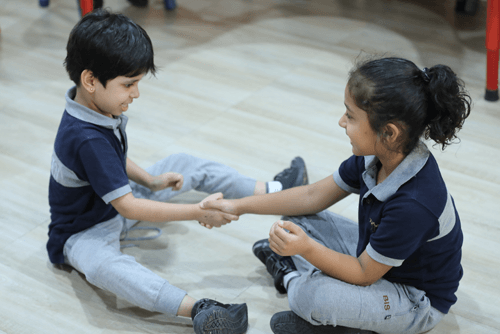
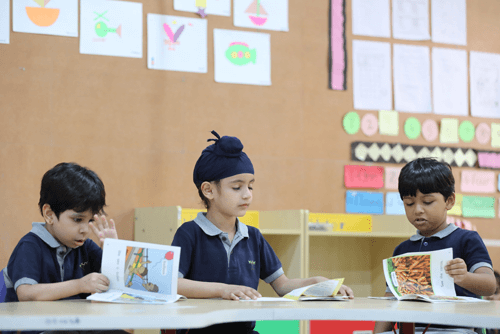
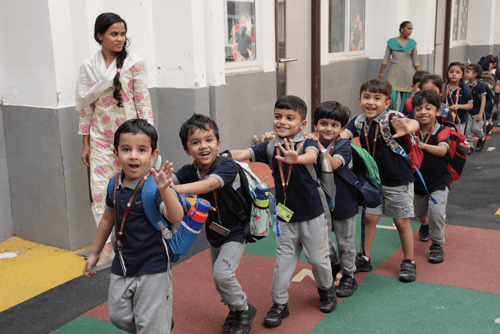
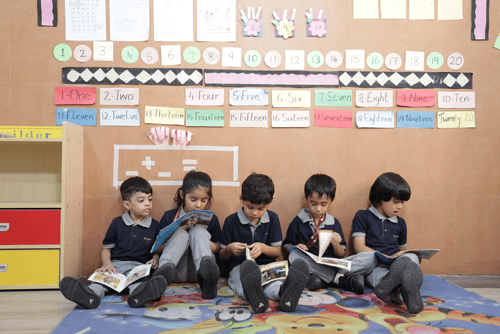
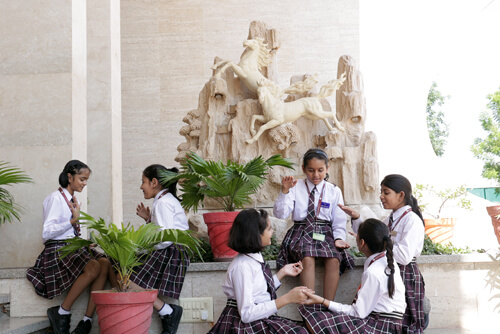
The curriculum embraces pedagogical practices to help cater to the innate desire of being curious. Learning spaces have been designed such that children can explore and connect their learning with real-life experiences.
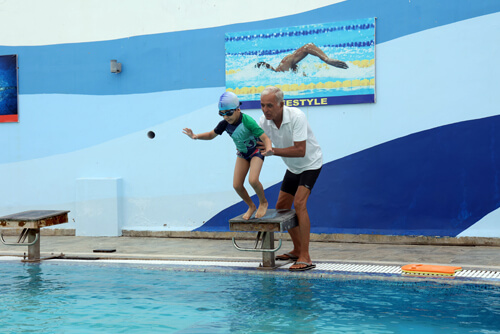
Achieving expertise requires practice and focused coaching based on what is observed during practice. Every experiential learning activity should include a debriefing session where learners receive feedback and coaching from experts and fellow team members.
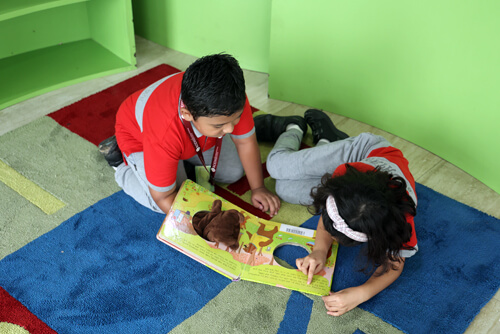
Long-term social-emotional capabilities are more robust when children have a opportunity to learn through play; form deep relationships; and when their developing brains are given the chance to grow in a nurturing, language-rich, and relatively unhurried environment. Play is the defining feature of human development: the impulse is hardwired into us.
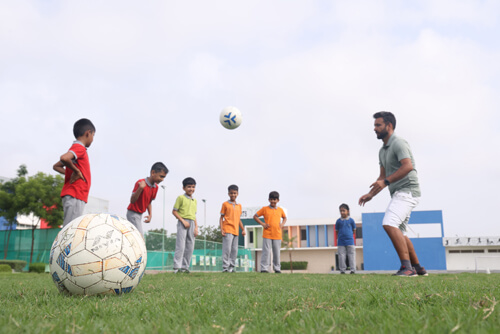
Teamwork builds strong relationships because he more people work closely with each other, the more they get to know each other and develop a liking for each other. When children work together they become more collaborative, and this leads to a more enjoyable learning environment. Without well-developed communication skills, children run the risk of falling behind their peers or being emotionally exhausted or withdrawn at school. Academic success depends on sound communication skills, starting with simple oral communication. Students are frequently asked to answer questions in class.
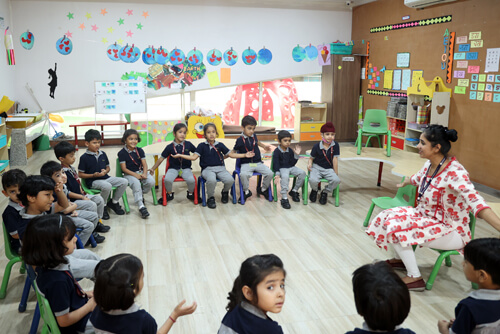
Experiential learning requires an ‘Intention to learn’ and an ‘Active phase of learning’
Experiential learning at BIS aims at creating an opportunity for learners to apply what they’ve been taught to solve real-world challenges. Learners are given opportunities to test their understanding of underlying principles, processes, and procedures and can experiment and adapt their practice to achieve the best outcomes. They are able to apply their learning to solve real-life problems. Experiential learning is a powerful way to help students identify changes required to their skills, attitudes, and behaviours, then implement those changes for better performance.
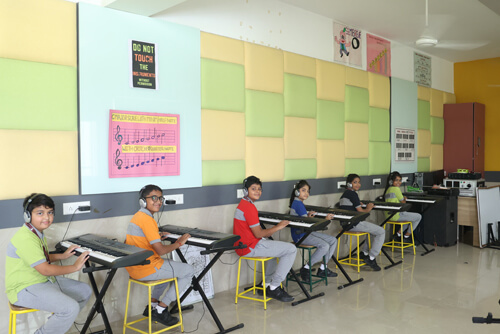
The gold standard in education is the person who can self-monitor the effectiveness of their plan, anticipate outcomes and develop contingency plans. We often refer to these people as “experts.” They are experts because they have had more experiences and have received more coaching than a non-expert and have incorporated certain thinking disciplines into everyday practice. Experiential learning helps accelerate the journey from novice to expert.